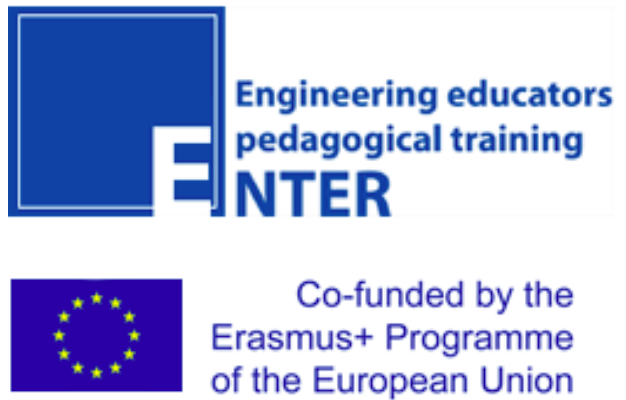Abstract
The changes in the labour market that occur in connection with the digitization of many disciplines also impose new requirements on changing the approach to education in general.
The revision and updating of curriculum documents in the Czech (not only) education system tries to respond to these changes.
The paper focuses on the possibilities of contributing to the development of digital literacy of students in secondary vocational education (ISCED 97 - 3A and 3C) in specific educational areas, cross-cutting themes and key competences. We are talking about Math, Foreign language, Physics, Chemistry, ICT. The main objective of the FEP adjustment is the organic implementation of digital literacy as an integral part of student education. At the same time, the ability to use digital technologies creatively, safely and critically must be given to students.
The creation of digital teaching materials by teachers themselves plays a very significant role in contemporary education. We will therefore focus on teachers' perception of the concept of digital literacy and whether and how teachers perceive the difference between Digitalization and Digital Literacy.

Dieses Werk steht unter der Lizenz Creative Commons Namensnennung - Nicht-kommerziell - Keine Bearbeitungen 4.0 International.
Copyright (c) 2020 Jan Válek, Petr Sládek

